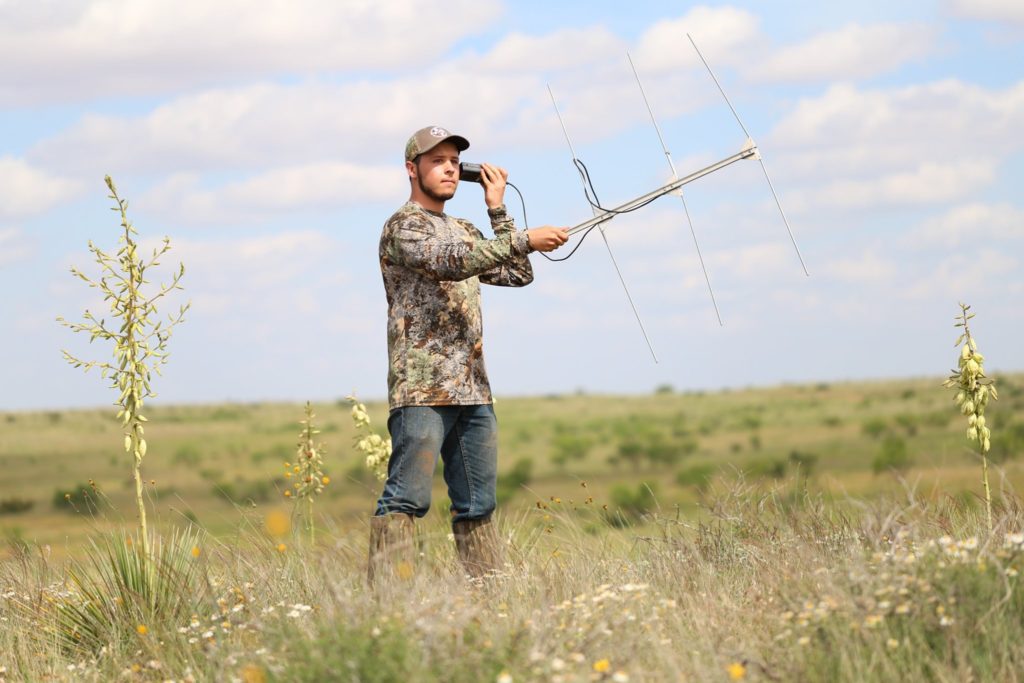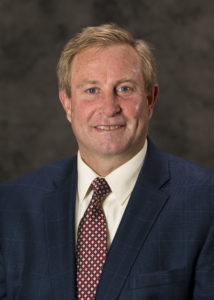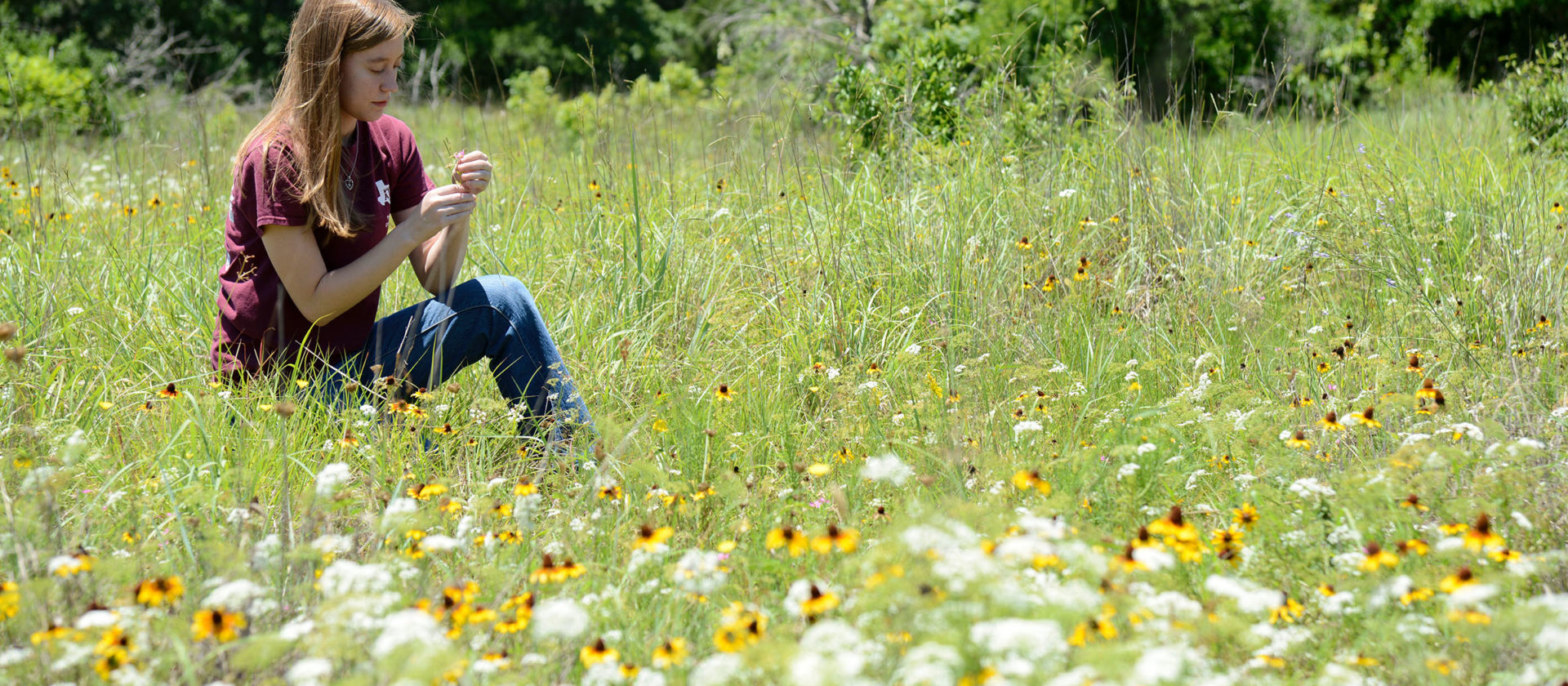Two departments of Texas A&M University’s College of Agriculture and Life Sciences have been restructured to better serve students, Texas landowners and the public in addressing regional, national and global environmental and natural resource opportunities and challenges.
Through this restructuring, Texas A&M AgriLife is recommitting to supporting our most precious resource — our natural environment — through 21st century education, research and extension to all Texans, said Patrick Stover, Ph.D., vice chancellor of Texas A&M AgriLife, dean of the College of Agriculture and Life Sciences and director of Texas A&M AgriLife Research.
“These departments have been restructured and positioned to be global leaders in advancing the science of ecology and its application to better prepare students for employment opportunities and to more effectively provide support in addressing natural resource challenges throughout the state, region, nation and world,” Stover said. “This further cements our commitment to wildlife, range, fisheries and forestry in the state of Texas.”
How the new departments work together
The Department of Ecology and Conservation Biology, ECCB, will develop fundamental and translational science and lead discoveries in ecology and conservation biology. Simultaneously, the Department of Rangeland, Wildlife and Fisheries Management, RWFM, will focus on applying scientific principles in natural resource management, business and policy through education, research and extension.

These two departments were formed by reorganizing what were formerly the Department of Wildlife and Fisheries Sciences and the Department of Ecosystem Science and Management — along with a portion of the Department of Recreation, Park and Tourism Sciences.
Interim department heads have been appointed for the new departments, with Kirk Winemiller, Ph.D, serving as interim for ECCB and Cliff Lamb, Ph.D., serving as interim for RWFM. Winemiller, is a Regents Professor and Senior Faculty Fellow. Lamb is currently head of the Department of Animal Science.
Students currently in undergraduate and graduate degree programs in the Department of Wildlife and Fisheries Sciences and the Department of Ecosystems Science and Management will continue in those programs until they graduate. Once degree programs are created by the new departments, some students already in the previous programs may have the opportunity to transfer to the new programs.
Department of Ecology and Conservation Biology, ECCB
According to Stover, ECCB will develop the fundamental and translational science and discovery in ecology and conservation biology with the goal of being recognized as a leading, world-class academic unit.
Winemiller said the department will emphasize the advancement of fundamental ecological knowledge and its translation to addressing environmental challenges involving complex systems and interactions of climate, landscapes, hydrology and ecological patterns and processes.

“The overarching emphasis of our research, educational and outreach programs will be scientific discovery, biological conservation, and environmental health and sustainability,” Winemiller said.
The new department will offer undergraduate and graduate degrees in ecology and conservation biology, with multiple areas of specialized training.
He said the new ECCB undergraduate degree will prepare students for careers in science and conservation biology that require advanced study.
Winemiller said in addition to scientific careers in academia, most technical and administrative careers with conservation organizations, natural resource agencies and environmental consulting companies require a graduate degree.
“ECCB will prepare and help direct undergraduate students for entry into graduate programs in organismal biology, ecology and conservation biology as well as veterinary school,” he said.
He also noted the department will provide international field experiences, including internships involving research and conservation practices, to prepare students who wish to enter a graduate program or move directly into a career within the conservation biology arena.
Leading research in conservation biology
A primary objective of research in this department will be to produce new fundamental discoveries in the fields of ecology, organismal biology and evolutionary biology.
“Much of our research will have applications for conservation biology, which applies science and interdisciplinary approaches to address complex conservation challenges at local to global scales,” Winemiller said. “Current challenges include understanding and predicting effects of climate change, land-use change on ecosystems and organisms, and how human activities change plant and animal populations and communities.”
He said the new department’s research will include local projects of importance to Texans and international projects involving professional collaboration and educational exchanges.
“Much of the work we will do in this new department will have global implications, so we want both our faculty and our students to have international connections and experience wherever possible,” he said.
Department of Rangeland, Wildlife and Fisheries Management: RWFM
RWFM was created to apply scientific principles of ecology and conservation biology in natural resource management, business and policy through education, research and extension.
Stover said this new department will bring sound scientific principles to guide best management and business practices and policy in fisheries, forestry, wildlife and range management in Texas.

According to Lamb, by forecasting stakeholder, industry and policy needs and looking at other factors, RWFM faculty will address land and species management so Texans may continue having healthy plant and animal communities in the future.
The department will offer an undergraduate major in rangeland, wildlife and fisheries management to meet employment requirements for state and federal agencies, industry, agriculture and environmental consulting.
“The undergraduate major will be constructed to require credit-bearing experiential learning-oriented field programs and internships in rangeland, wildlife and fisheries management and policy,” Lamb said. “It will provide a firm foundation in field skills necessary for accreditation bodies such as The Wildlife Society and Society for Range Management as well as take into account pre-business, management, law and policy opportunities related to natural resource management.”
He said the department will also offer graduate programs designed to prepare students for advanced careers in the private sector, agencies, academia or other service areas.
“The master’s degrees will be designed to provide the student with experience in conducting and interpreting results from problems-focused field research,” he said.
Doctoral degrees will be interdisciplinary degrees focused on training future leaders in professions related to natural resource management and policy.
Bob McCan, general manager of McFaddin Enterprises in Victoria, said as a past graduate of the range science department he was “excited to be able to observe the evolution of land and range management to a new level of student education that merges the science and management of livestock grazing and wildlife populations.”
McCan has also served as chairman for Texas Agriculture Land Trust, president for the National Cattlemen’s Beef Association, and president of the Texas and Southwestern Cattle Raisers Association.
“It makes good economic and environmental sense to educate students and producers on mutually beneficial management techniques,” he said. “Texas A&M is the premier educational institution to provide these cutting-edge technologies that will go a long way in securing healthier and more sustainable land resources for the future.”
Research and Extension in Rangeland, Wildlife and Fisheries Management
Research generated by RWFM will focus on developing and implementing solutions to land management and land-use needs as well as problems and policies related to natural resources issues in Texas, some of which may have global implications.
“We want our faculty to conduct fundamental research in fields related to natural resource management and policy, with the understanding they will have the latitude to create their own narrower areas of expertise,” Lamb said.
He said the department will focus on management and have a Texas A&M AgriLife Extension Service unit with faculty and staff who will disseminate science-based knowledge associated with natural resource management and policy to landowners, industry professionals and lawmakers.
“Efforts will focus on identifying, solving and communicating solutions for natural resource management problems to Texas’ stakeholders,” he said.
RWFM is also investigating developing additional centers, adding academic chairs and promoting collaborations with other Texas A&M colleges, departments and programs.
“The fact is that Texas and the rest of the U.S. need what the wildlife, fisheries, range, forestry and ecology disciplines have to offer for assuring our future,” said Neal Wilkins, president and chief executive officer of the East Foundation. Wilkins is a former director of the Texas A&M Natural Resources Institute and Texas Water Resources Institute and current director and former vice president of the Texas Wildlife Association.
-30-



